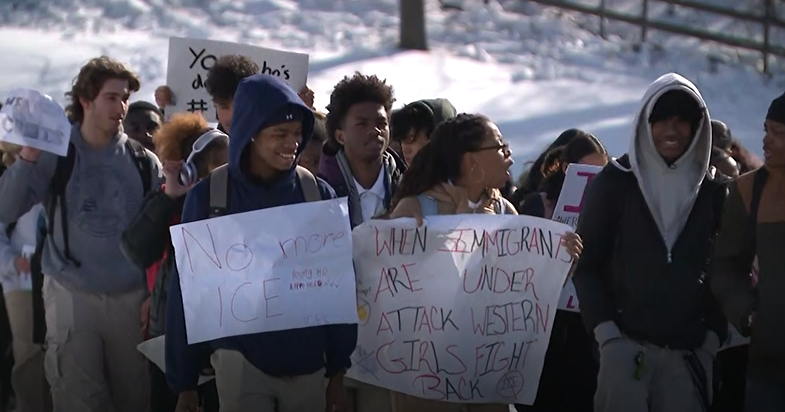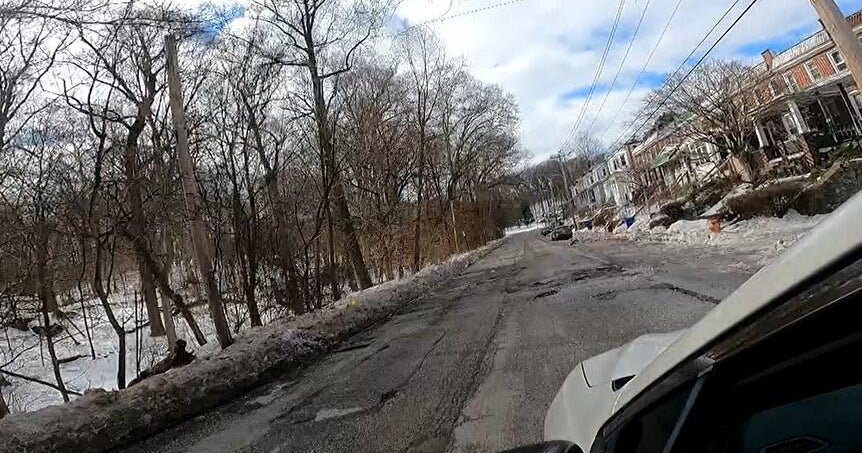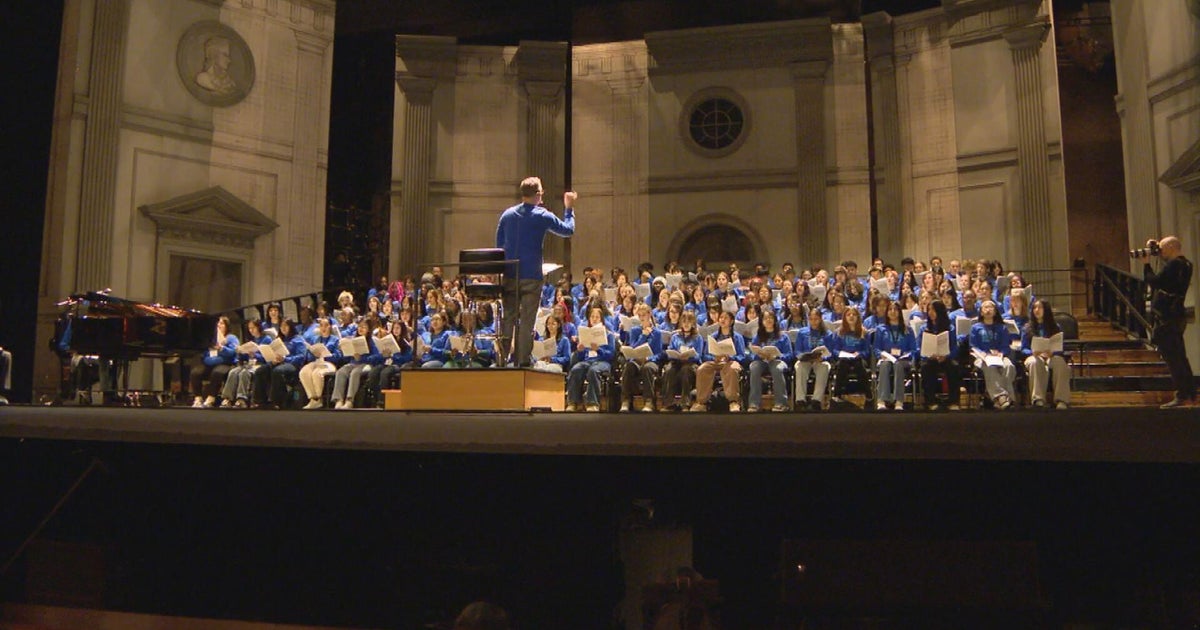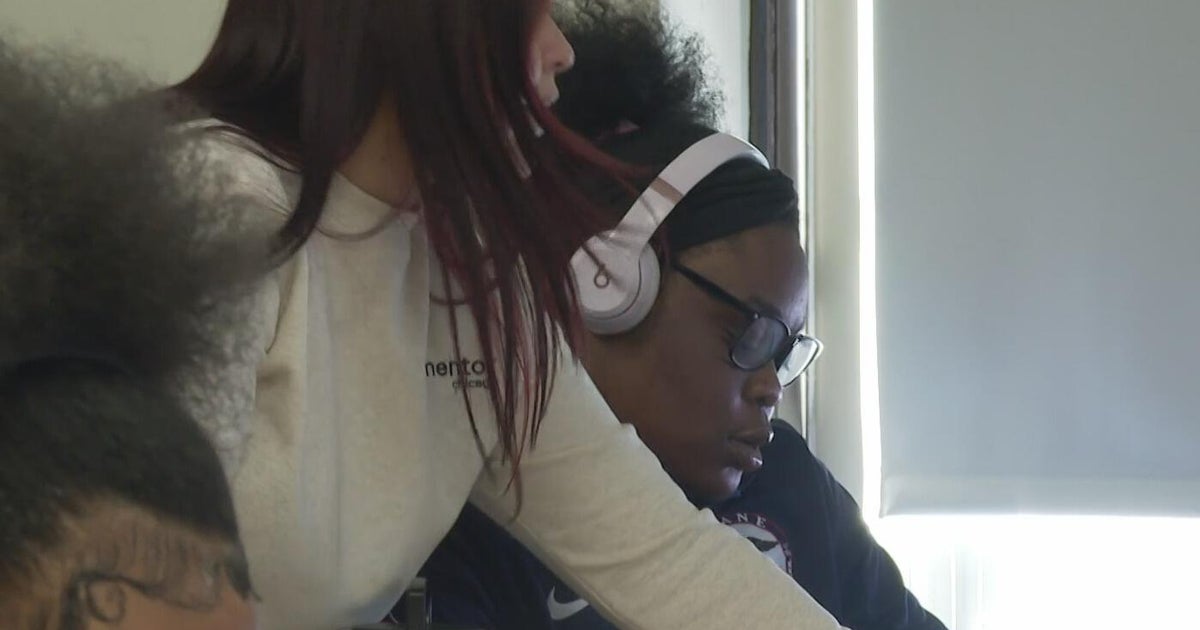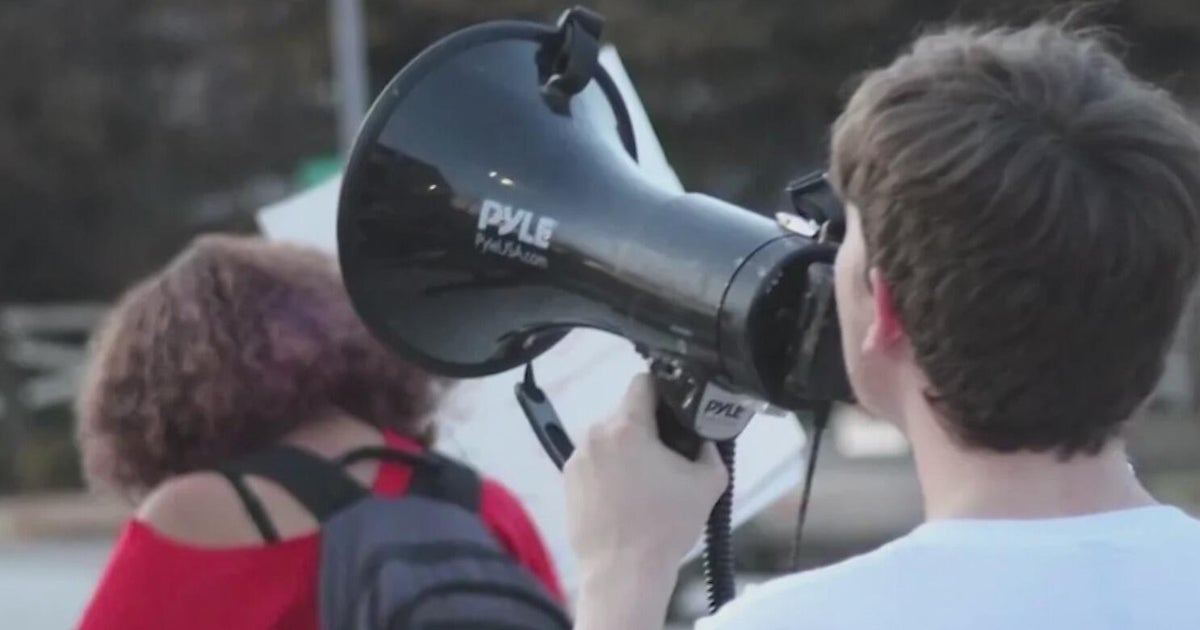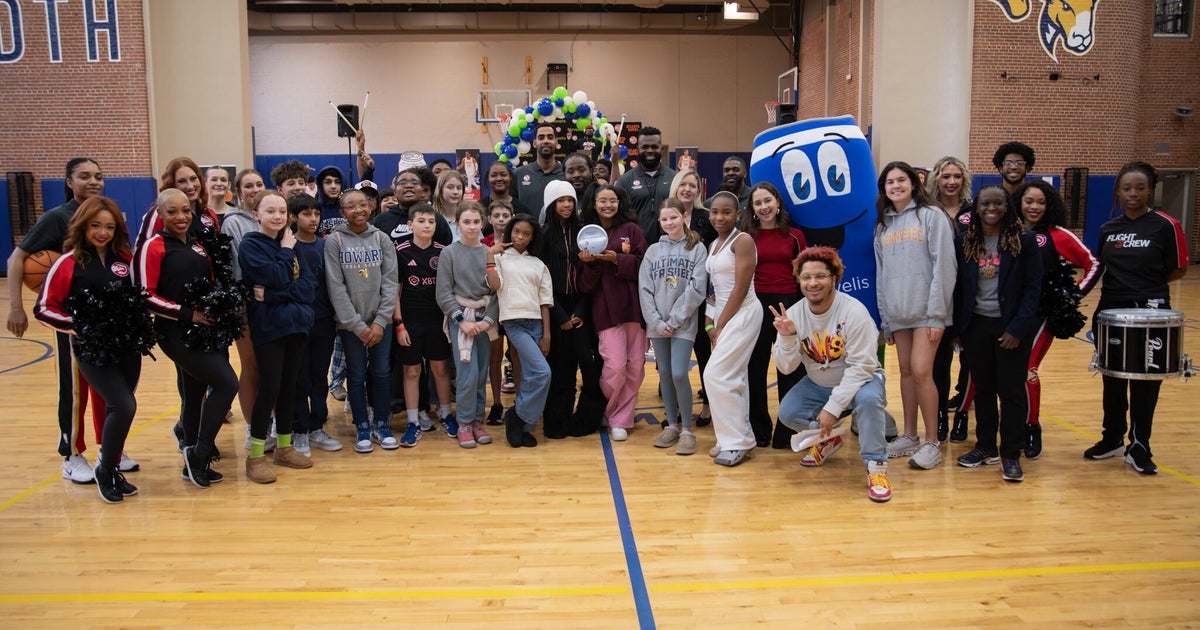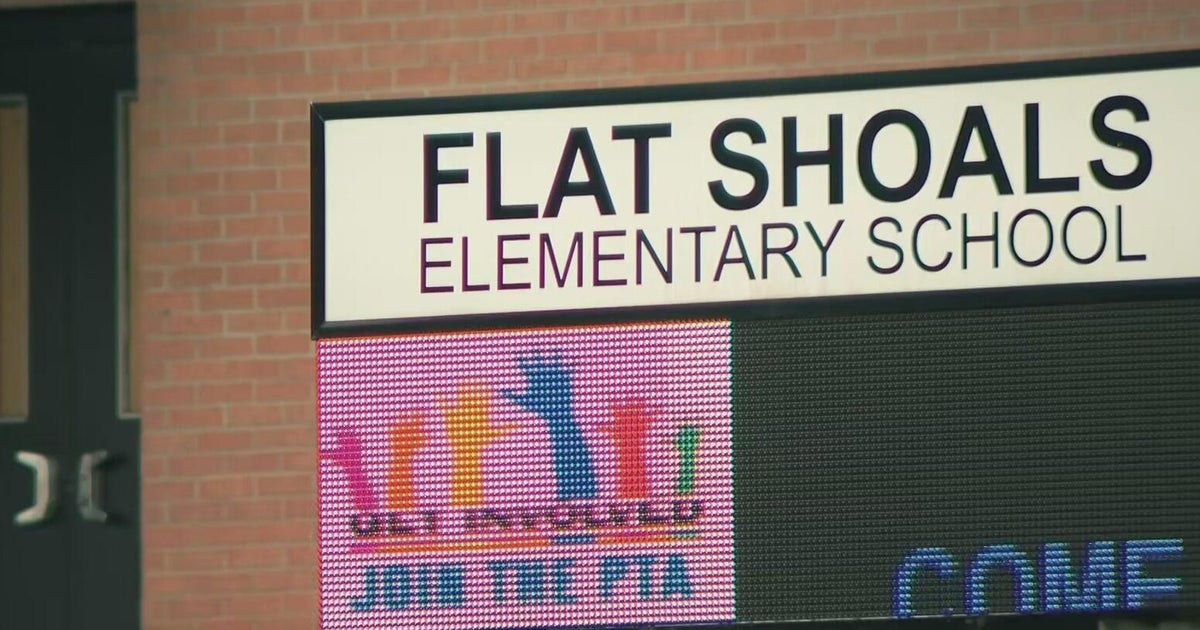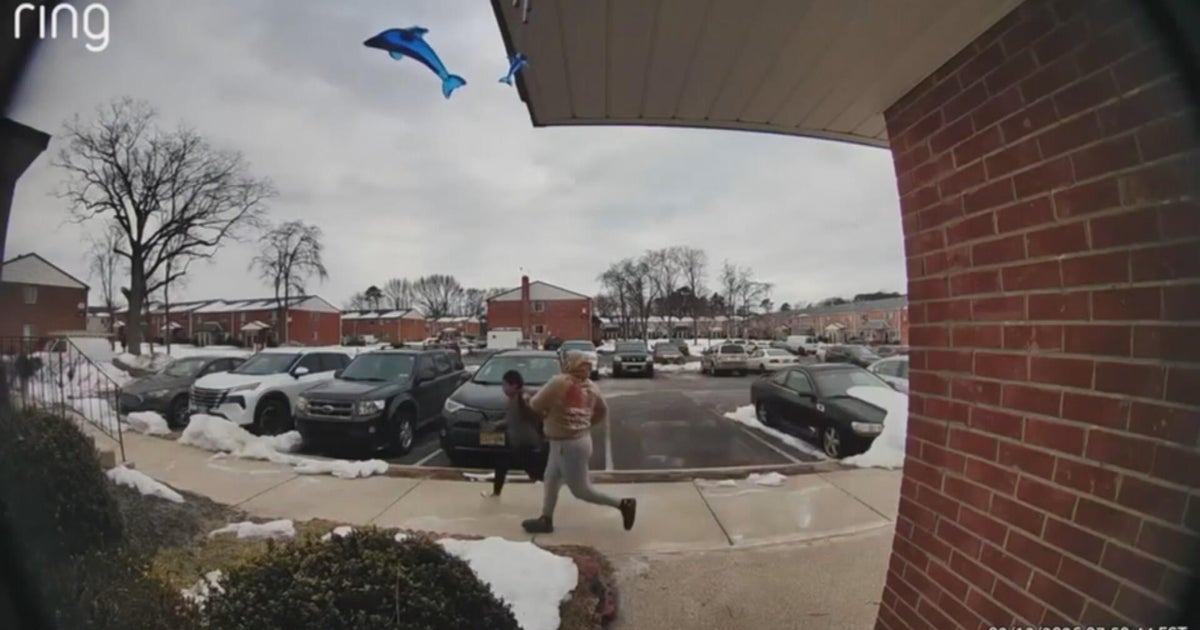Digital Divide: Working to solve connectivity issues for Maryland students
BALTIMORE -- Many families in Baltimore and across the state fall into what is called the 'digital divide,' meaning they do not have access to the internet at home.
This is a huge problem for students who can't study or do schoolwork from home.
The size of the divide was exposed during the pandemic, sparking a nationwide call to close the gap and bring affordable internet access and devices to families.
Right now, nearly 560,000 families in Maryland eligible for affordable internet access do not have it.
That number is troubling for many parents as students head back to school.
"It should be offered to the people that can't afford it because the kids are missing out on important classwork," parent Brittney Scudder said.
About 63,000 of those families not connected are in Baltimore City.
These statistics come from Education Superhighway, a national nonprofit whose mission is to close the digital divide for the 17 million households across the country.
"The digital divide is the households that can't participate in the online society that we all take for granted," Education Superhighway Vice President of Government Affairs and Policy Adeyinka Ogunlegan said. "They don't have access to connectivity, internet where they live, they don't have devices or they may not necessarily be digitally literate."
WJZ spoke with Adeyinka Ogunlegan with Education Superhighway, an organization that was originally formed in 2012 to address connectivity issues in classrooms.
"We realized we couldn't stop there," Ogunlegan said. "With the onset of the pandemic, a number of our state partners reached out about getting students connected at home."
Olgunlegan says the digital divide has always existed, but the pandemic made it more apparent.
To help with the problem during the pandemic, Congress set up the Affordable Connectivity Program, known as ACP.
It allows eligible families a discount of up to $30 a month toward internet service. To date, more than 20 million households have enrolled.
Education Superhighway partners with communities to help families apply for ACP.
In July, the organization partnered with Governor Wes Moore to kick off a statewide ACP awareness campaign and a plan to invest $267 million in federal funding to support Maryland's broadband infrastructure.
Education Superhighway also began working with Baltimore City in 2022 to help city leaders achieve their goal of closing the city's digital divide by 2030.
We spoke to Ogunlegan about how that initiative was going:
Jessica Albert: "Have you had a lot of success with connecting families since this initiative has been launched?"
Adeyinka Ogunlegan: "Yes. Since the first month of the campaign we've seen a 220 percent increase compared to the previous three months and noted that Baltimore is at 50 percent enrollment when we first started we were at about 40 percent."
Jessica Albert: "So, it's just creating awareness for this issue that is leading people to get the resources they need."
Adeyinka Ogunlegan: "It really does start with awareness. People need to know that the program exists. They need to know that they qualify for it and once you can bridge that gap, the awareness gap.. you can really support them."
Education Superhighway says the best way you can help close the digital divide is by sharing resources about it to your community.
For more information, visit their website here.
For resources for Baltimore residents, visit this website.
